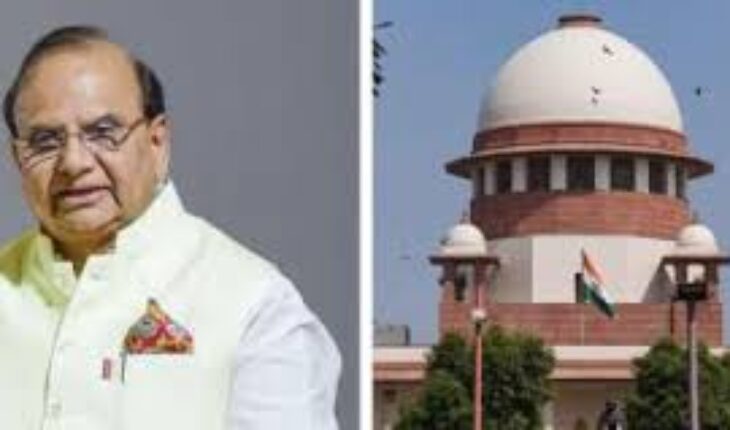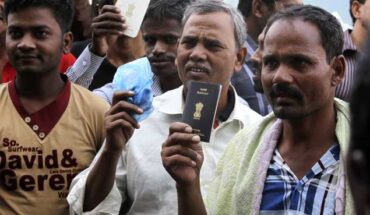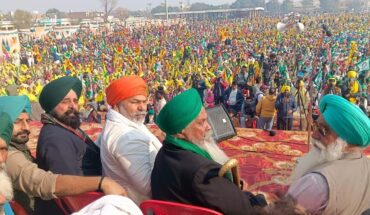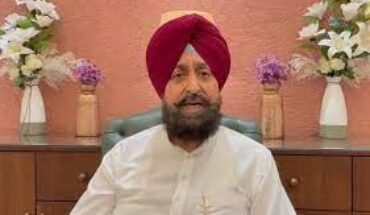The Supreme Court of India’s recent verdict, affirming the Lieutenant Governor’s (L-G) independent authority to appoint aldermen to the Delhi Municipal Corporation, highlights the persistent vulnerability of Delhi’s elected government to central control. This decision, grounded in the legal framework governing Centre-Delhi relations and previous rulings, underscores the unique status of Delhi as a Union Territory and raises significant questions about the relevance of its elected Assembly. The three-judge Bench clarified that the L-G’s power to appoint individuals with special knowledge in municipal administration is a statutory duty, not subject to the advice of Delhi’s Council of Ministers. This power is an exception to the constitutional provision that mandates the L-G to act based on the Council’s advice on all matters except public order, police, and land. The Court rejected the Delhi government’s argument that municipal administration, being a State subject, should fall within the purview of the elected government. Tracing the authority to the Delhi Municipal Corporation Act, 1957, the Court noted the distinct roles identified within the Act. The Administrator’s empowerment to nominate experts and the Speaker’s ability to nominate legislators exemplify an independent statutory power. This framework, intended to balance the roles of the L-G and the Chief Minister, has often been a source of conflict, exacerbated by political tensions between the ruling Bharatiya Janata Party at the Centre and the Aam Aadmi Party in Delhi. Ultimately, the verdict reinforces the Centre’s overriding authority. Unlike other states with exclusive legislative domains, Delhi’s legislative and executive powers are coextensive, allowing Parliament to amend or supersede any law made by the Delhi Assembly. This dynamic effectively means that the central government can influence Delhi’s governance significantly, challenging the autonomy of its elected representatives. This complicates the affairs, particularly when two different parties rule India’s capital at the Centre and state level.
Delhi remains vulnerable to Centre’s wishes
Published Date: 10-08-2024 | 7:42 am





